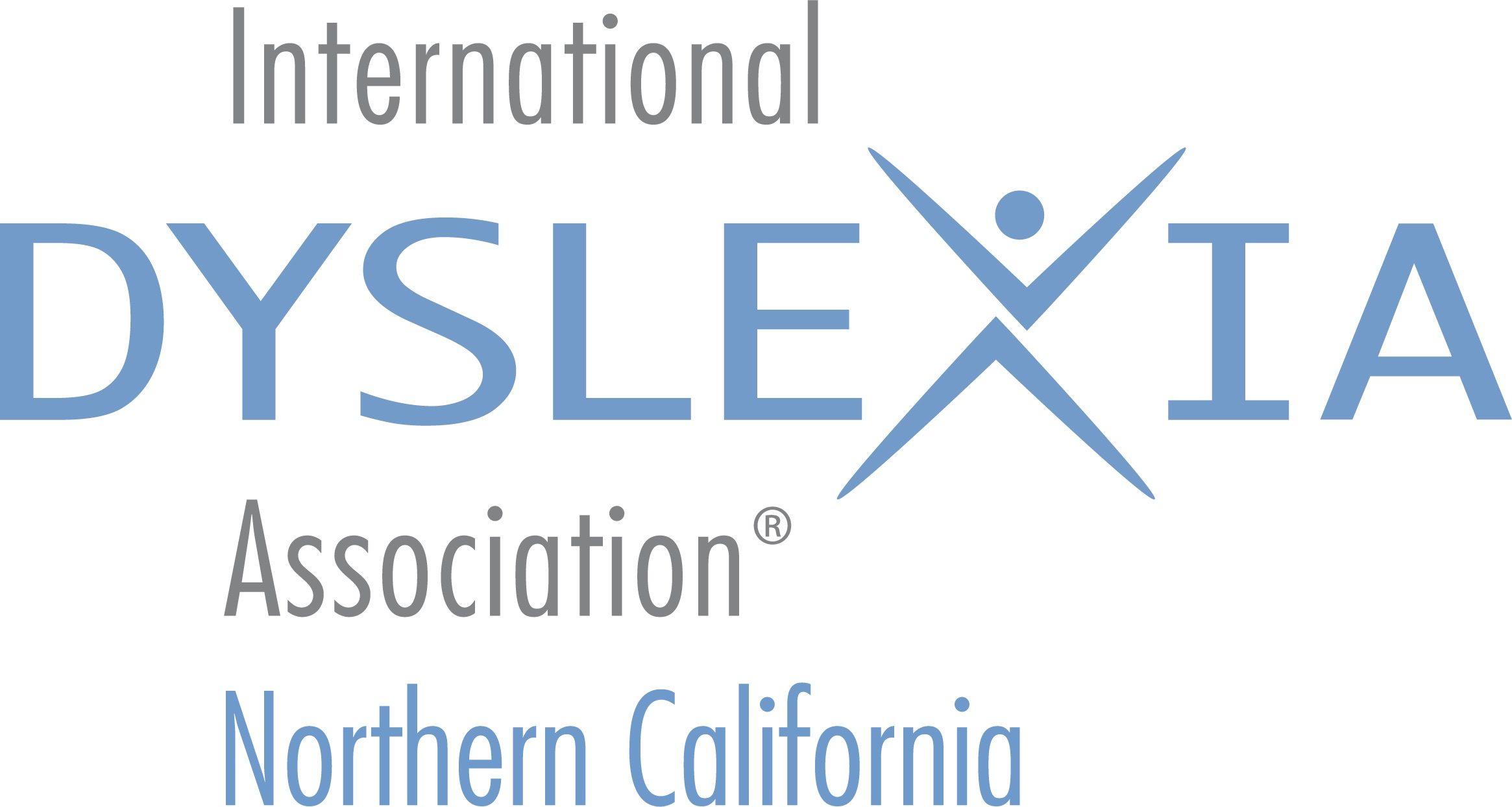An Eight Year Old’s Journey with Dyslexia
An Eight Year Old’s Journey with Dyslexia According to the National Center for Learning Disabilities, 2.4 million K-12 students (or 4.7% of all students) have a diagnosed learning disability. Many more are never diagnosed. Dyslexia (difficulty reading printed words, spelling and writing correctly) is the most prevalent and well-recognized type […]
